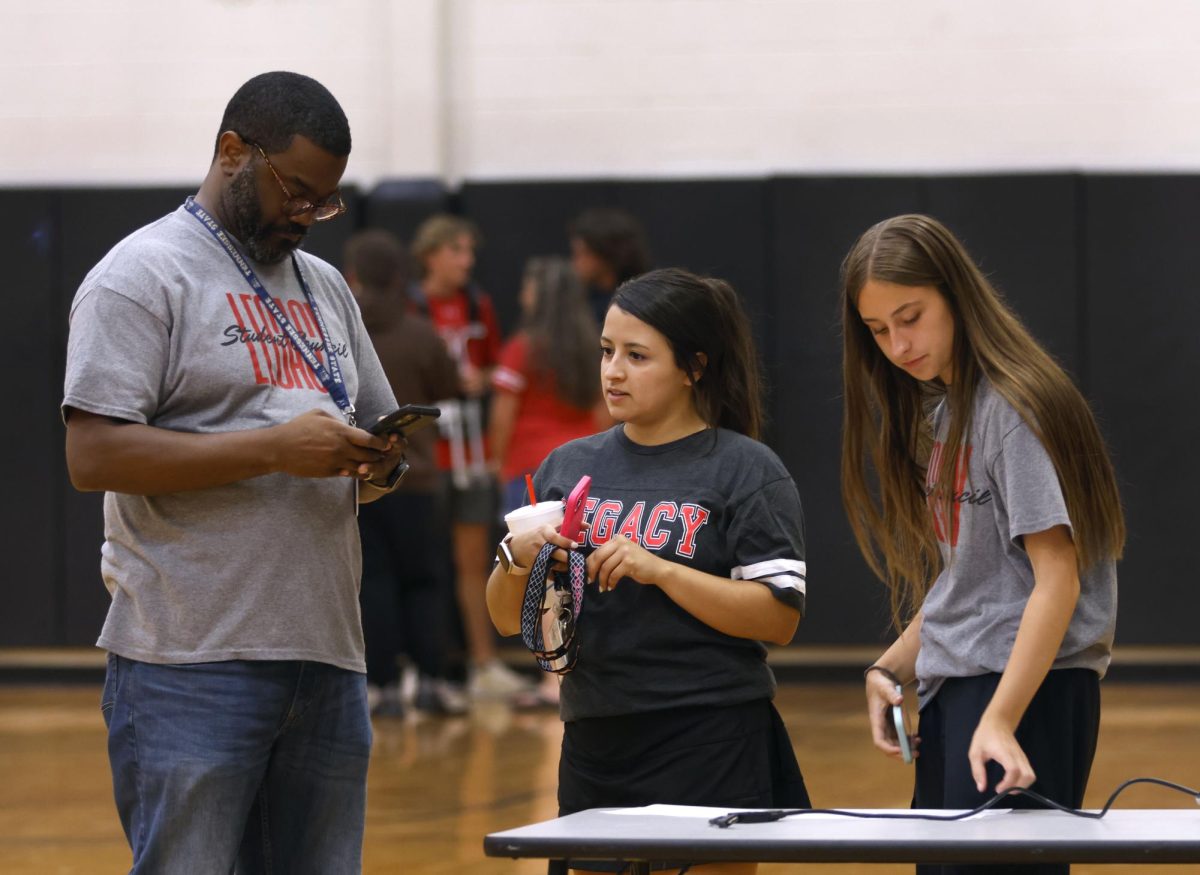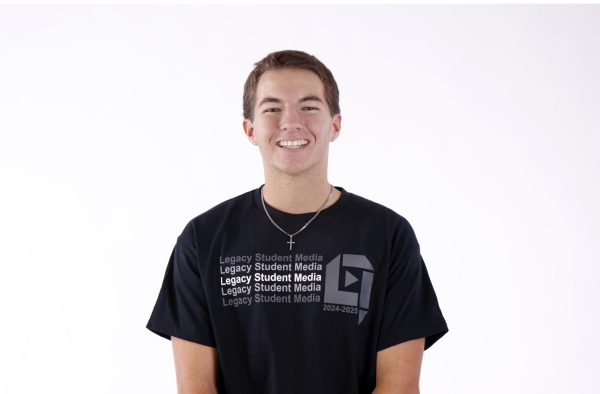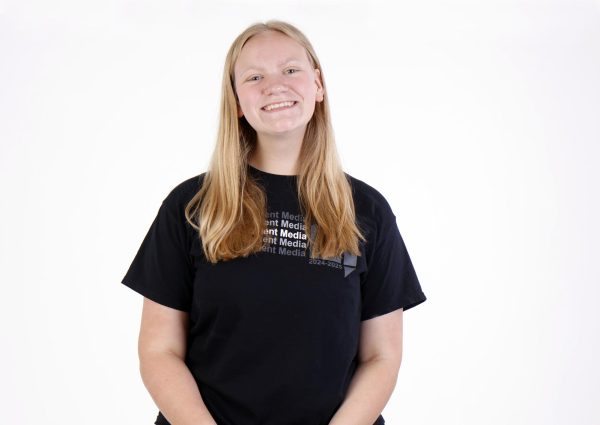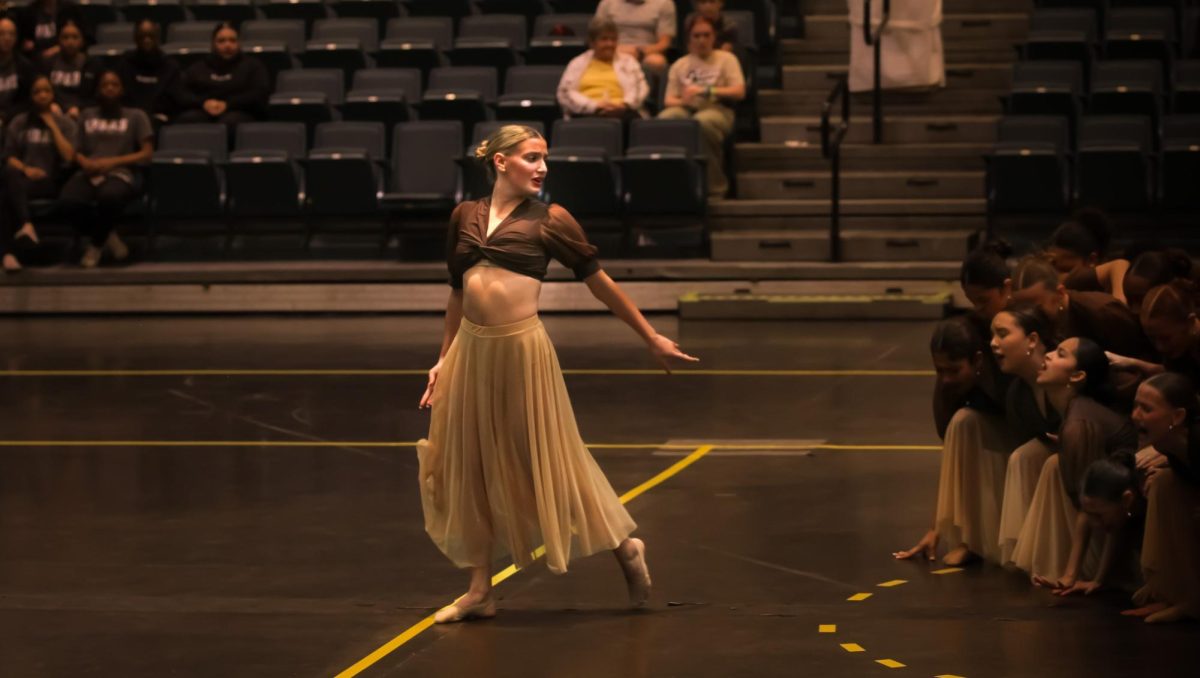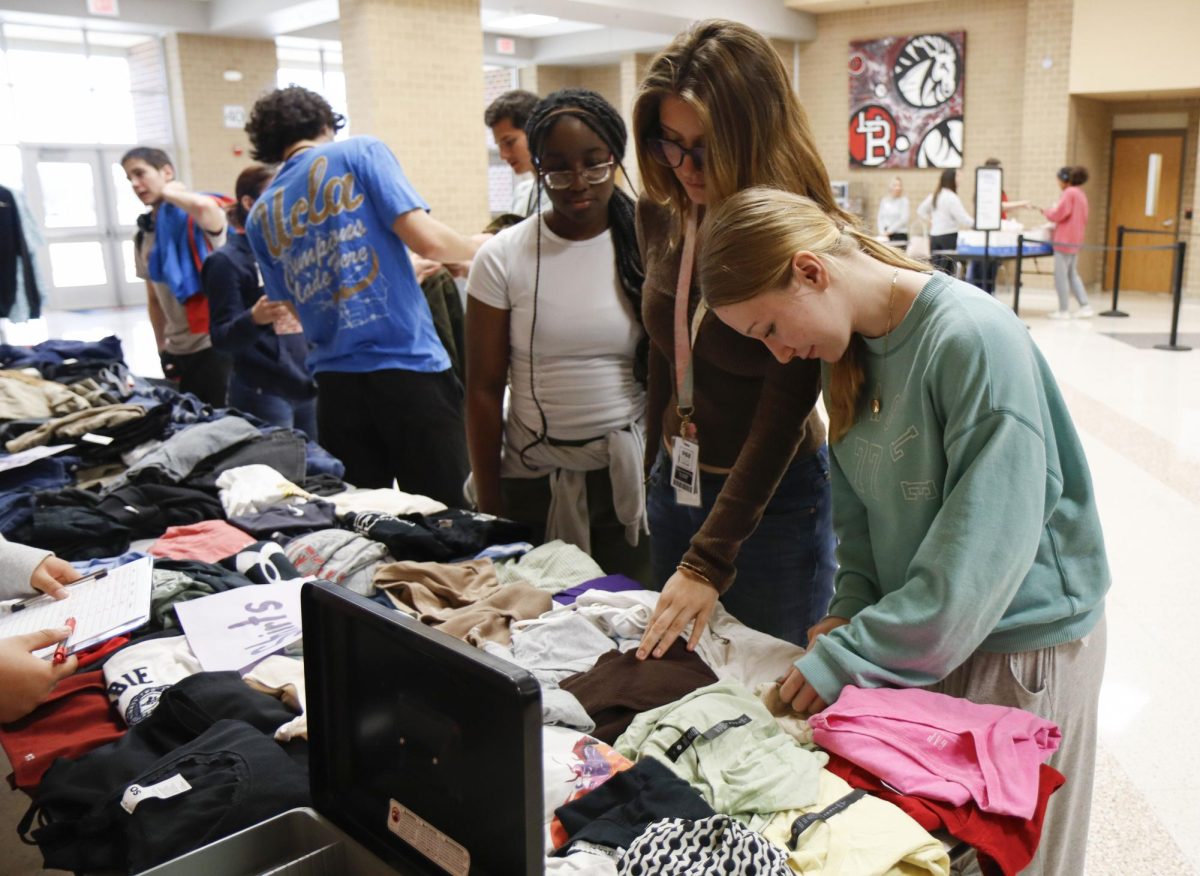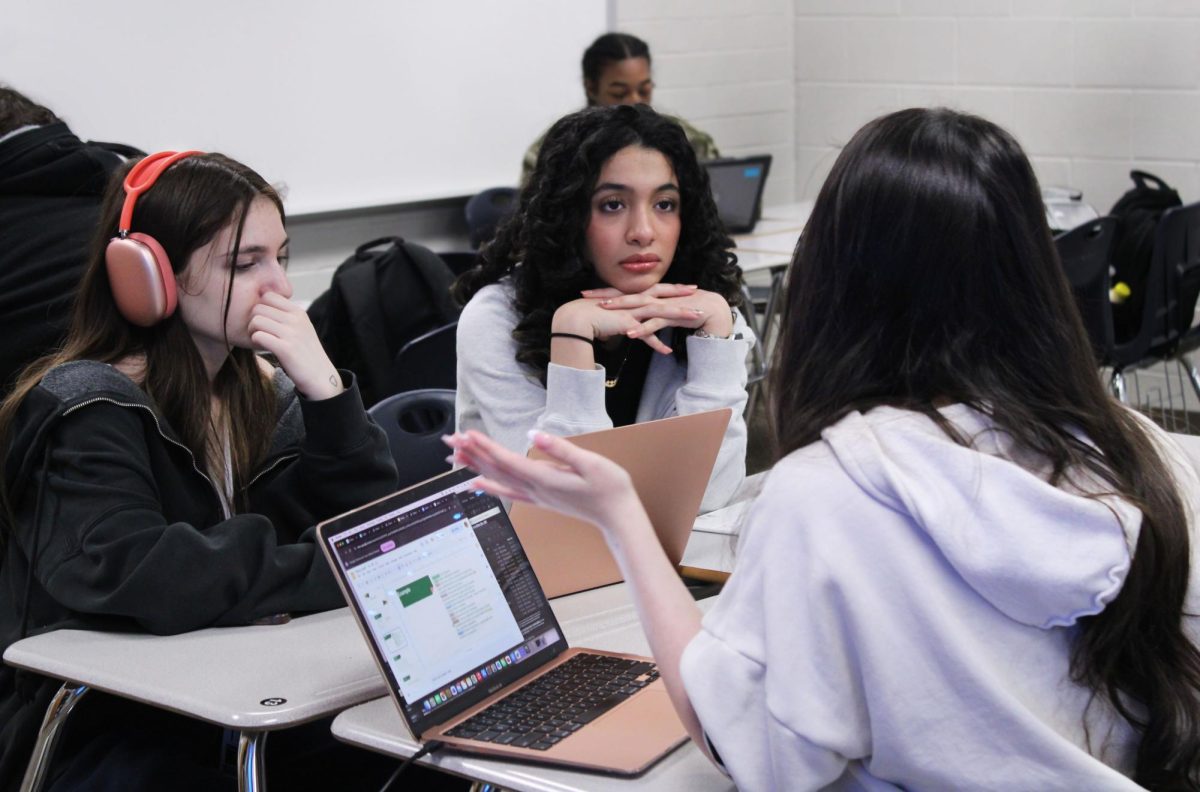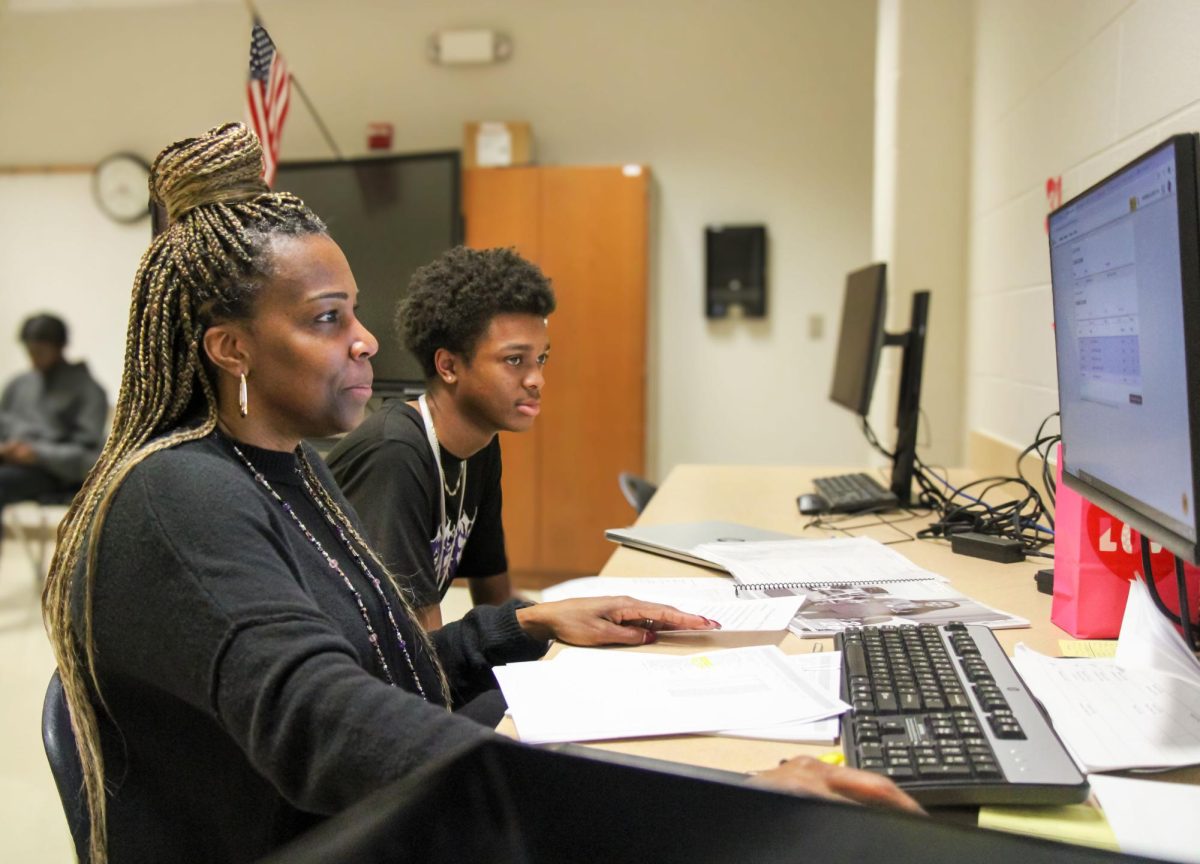Each summer is time off for students, but also a time for administration to prepare and improve for the next school year. Administration is making some policy changes as well as some building adjustments, but the biggest reform that principal Dr. Stephanie Bonneau hopes to take place next year is in the hearts and minds of the teachers and students.
“I feel like we have gradually moved away from remembering that every student has a story behind them,” Dr. Bonneau said. “So the movement that we’ll have next year with our faculty, that will hopefully bleed down into the students, is every person’s story matters.”
At the beginning of the school year, MISD implemented a No-Cell Phone Policy across all campuses which instructed teachers to confiscate phones with a $15 fine at the front office. Although teachers have relaxed on the rule throughout the school year, Academic Associate Principal Stephanie Monajami expects the district-wide policy to stay in place for next year.
“I think that it was a good change,” Ms. Monajami said. “As a campus, we’ve put things into place to try and hold teachers and students accountable and we will continue to do that because it does reduce distractions.”
This year all MISD high schools were introduced to the Evolv Weapon Detection System which will return for the 2024-25 school year. Administration is trying to create a way to staff the system more effectively because of the supervision it requires at the beginning and end of each class period.
“I think it gives community members and staff members on campuses a sense of security and makes us feel safer,” Ms. Monajami said. “Evolv does require so many people, but it’s an extra layer of security that helps us make sure that we’re focusing on school and not having to worry about safety as much.”
Crash bars are expected to be installed on all perimeter doors that don’t have a key card entry. The crash bars would set an alarm if opened, from the outside or inside, forcing students and faculty to only enter and exit through doors with a key card entry.
“The number of kids that sneak into things like the basketball games is crazy,” Dr. Bonneau said. “So the crash bars will be a helpful thing for safety and practicality when we have after-school events.”
The advisory change in the last six weeks of this year led to questions about next year’s schedule. An advisory time is required by the district to accommodate Ben Barber students lunch and traveling, meaning all campuses will have it next year, but it is unknown the exact plan for the Legacy campus. Dr. Bonneau plans to make the period a stand-alone period but is unsure on how to keep students in class and not in the halls.
“If [advisory] is not stand alone then it gives teachers the ability to make it additional instructional time,” Dr. Bonneau said. “But if you have it as a separate class, you’re developing a relationship with a teacher that’s not evaluative of you for a grade. The problem was that not all students saw it the same way, which is why we had to change it.”
Dr. Bonneau also plans on expanding opportunities for students in advisory, allowing them to further their academics and involvement in school.
“I would like there to be tutoring during advisory and some of the clubs to be able to meet,” Dr. Bonneau said. “I feel like some of our clubs that have to meet after school lose kids because they can’t stay after school because they don’t have transportation, so we are trying to figure that out.”
With the school’s population expecting to increase next year due to Mansfield’s growth we will receive two new growth positions for teachers, most likely to be hired to the science and business departments. Ms. Monajami is hoping to make all subjects equally staffed in relation to students, focusing on decreasing class sizes next year in core classes.
“We don’t ever want classes to be too big,” Ms. Monajami said. “We try to keep the core classes the smallest because you have to test on those subjects at the end of the year. Smaller classes mean teachers can have more interaction with the students and they have a better experience.”
Interviews for the growth positions as well as replacement hires started in late April. A board of administration, including Dr. Bonneau and Ms. Monajami, sat down and talked with interviewees to see if they would be compatible with the campus.
“On the positive side, last year we had some good candidates, but we didn’t have a lot of them. This year, there are a lot of candidates and all the ones we’ve interviewed have been outstanding,” Dr. Bonneau said. “So I feel like we’re really gonna get some quality teachers to replace the teachers we lost.”



